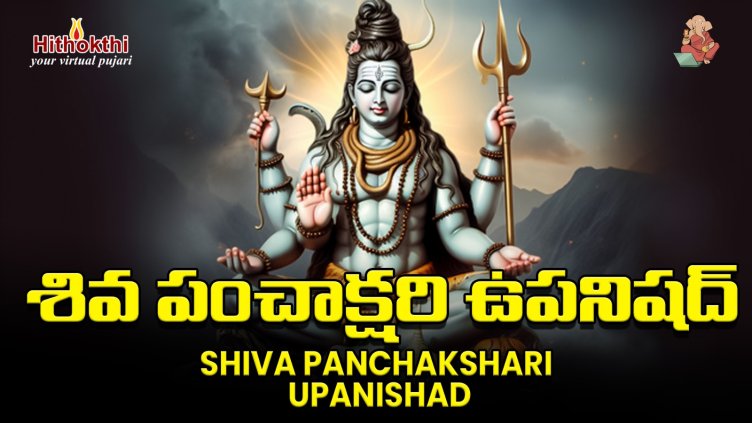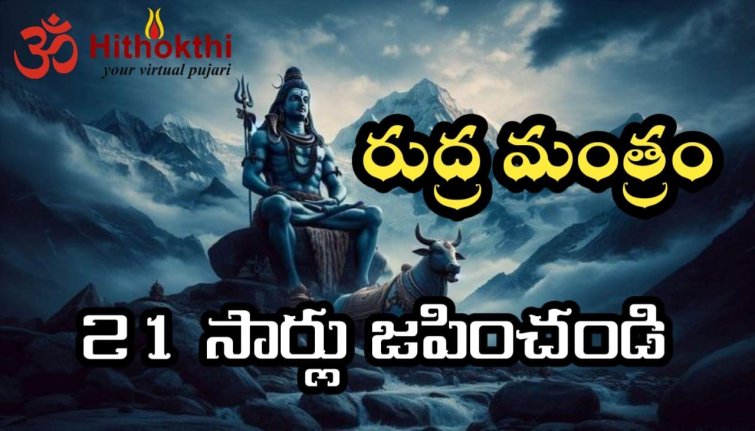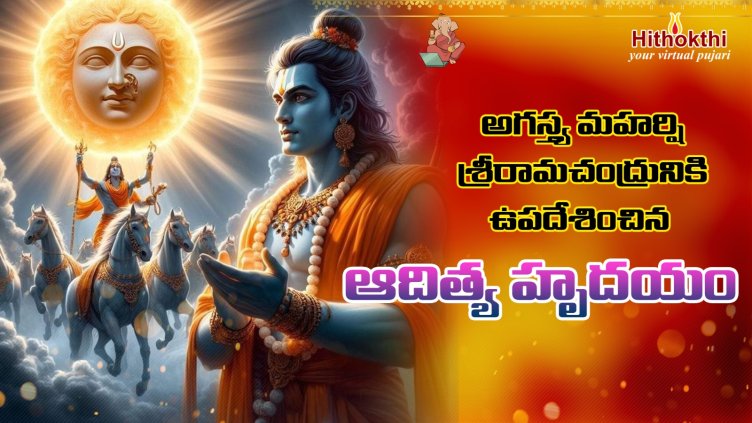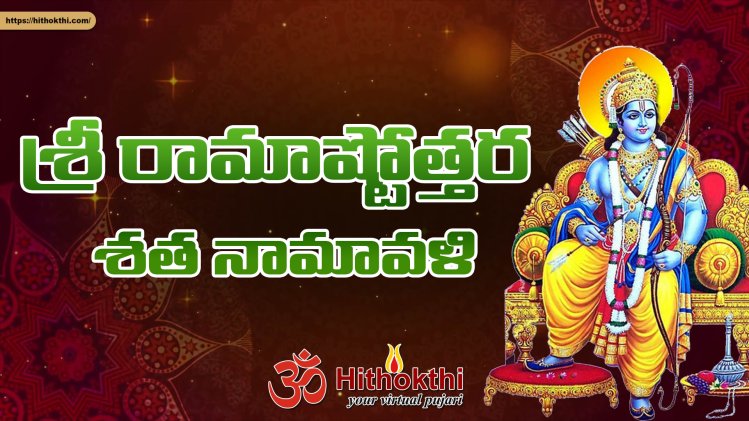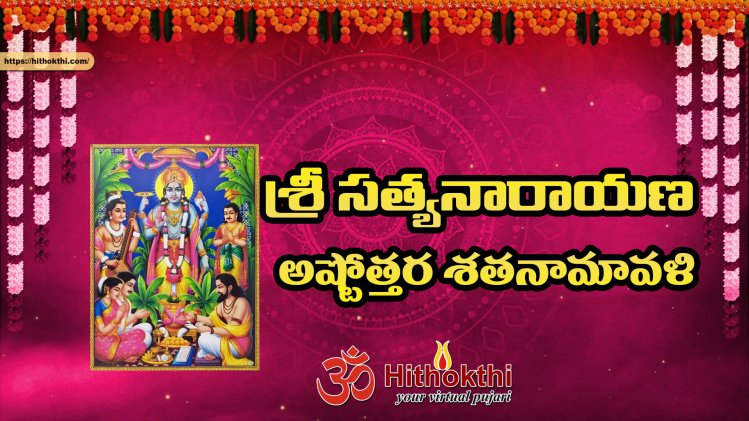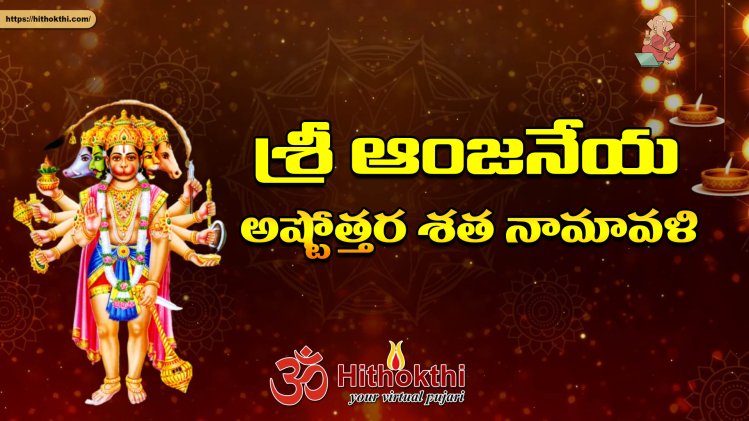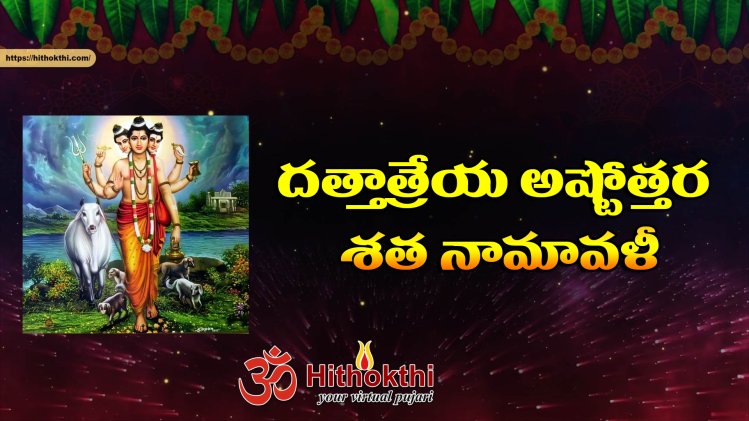Spiritual tit-bits: Essence of Hindu’s holy Ved-Puranas

April 11, 2014: All the three sacred epics of Hinduism (the Ramayanam, the Bharatam and the Bhagavatam) deal with the main concept, which is the contemporary human incarnation of the unimaginable God on this earth for the sake of humanity. Unfortunately, this main point is not impressed in our minds so far in spite of the special mention in the Gita about the human incarnation (Manusheem tanumashritam). We are very much fascinated to the medium or the external packing material than the internal absolute God, the precious diamond that is packed. A beggar in the silk shirt is given more value than the king in the cotton shirt. Indra, a soul in the energetic body, is only servant of God, who was given more value than Krishna, the absolute God packed in the human body. The energetic body is like silk shirt and the human body is like cotton shirt.
God also enters the energetic body as in the case of Brahma, Vishnu and Shiva for the sake of the souls existing in the energetic bodies, which may be angels or even the departed souls from this earth. At the same time, the energetic body may contain only soul and not God. On this earth also the human bodies contain souls and a specific human body may contain God as in the case of Krishna. The repulsion between common media is common in the upper world as well as on this earth. The angels and departed souls enclosed in the energetic bodies neglect the energetic incarnation of God in the upper world. Here also, the same negligence comes to the human beings not to care the human incarnation. The negligence is based on the ego and jealousy to the common media.
In the Ramanayanam and the Bharatam, Pravrutti is stressed, which is the establishment of justice rejecting the injustice. Pravrutti is very important for God, who always likes that His creation should run peacefully. Nivrutti is important for the soul, which is the personal uplift by coming very close to God. Krishna showed His care for Pravrutti in the Bharatam and showed His concern for Nivrutti in the Bhagavatam. The devotees uplifted in the Bhagavatam are the sages born as Gopikas. These sages took very long time of millions of births to acquire the true knowledge and to confirm it in their hearts. This true knowledge was given to them by Lord Dattatreya, Who was worshipped by them as their spiritual preacher (Sadguru). The essence of the true spiritual knowledge is only to recognize and totally surrender to the contemporary human incarnation, which alone is relevant to the humanity. This true spiritual knowledge obtained was concentrated by the sages through thinking again and again and mutual discussions and debates. Such process of concentration is the real penance (Taddhitapah…Vijijnasasva… Veda). The spiritual knowledge is called as Jnana Yoga. The force of confirmation of it through concentration is called as Bhakti Yoga or devotion.
Unless the knowledge is associated with devotion, the practical implementation, Karma Yoga, will not materialize. The true knowledge is the basic foundation, which is the purest and most sacred as praised in the Gita. It is said in the Gita that knowledge can cancel the fruits of actions and also actions (Vrujinam santarishyasi…, Jnanaagnih sarvakarmani…). Knowledge can alone bring realization and transformation of the soul. Once this is achieved, all your difficulties, the fruits of your sins disappear since knowledge cancels the fruits. The soul will not do any wrong action further due to realization and hence, knowledge cancels the actions also. The reason is that knowledge brings true realization and there is no need of punishment after this realization. Punishment is only for transformation and not for vengeance. Therefore, such a long time was taken by sages to acquire and confirm the true spiritual knowledge. Once such perfection is attained, the practical implementation took one birth only in which the sages were born as Gopikas.

